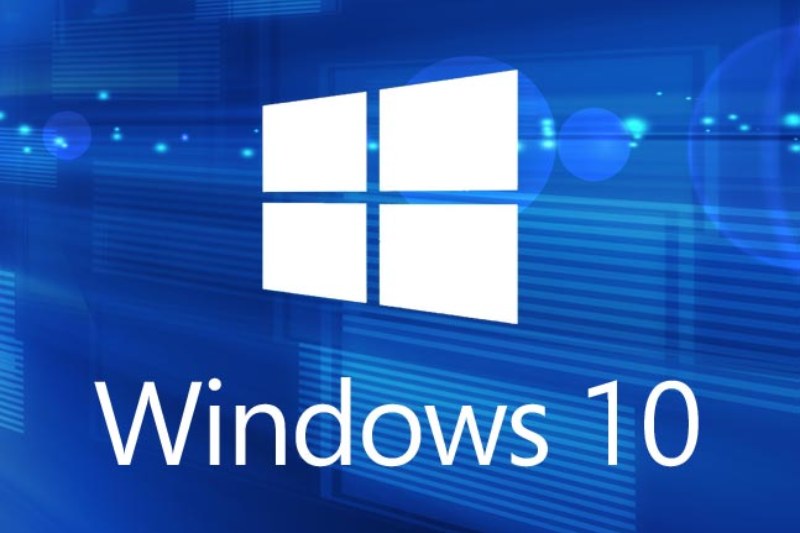
Updates for Windows Recently Broke Delivery of Microsoft Connected Cache
- Technology
- April 6, 2024
According to Microsoft, Windows 10 updates that have been out since the beginning of the year are interfering with enterprise networks’ Microsoft Connected Cache (MCC) node detection.
MCC servers are software-only caching solutions designed to cache and deliver material received from Microsoft’s content delivery network (CDN). They can be installed on Windows servers, bare-metal servers, or virtual machines (VMs).
For example, when a client downloads a Windows update, one of the MCC nodes is referred to by the other users on the workplace network for speedier delivery over the local network.
This known problem is limited to Windows 10 21H2 and 22H2 systems that are set up to use DHCP Option 235 to locate MCC endpoints.
“After installing the January 2024 non-security update (KB5034203), released January 23, 2024, or later updates, some Windows devices which use the DHCP Option 235 for discovery of Microsoft Connected Cache (MCC) nodes in their network might be unable to use the MCC nodes,” Microsoft explains.
“Instead, these Windows devices will download updates and apps from the public internet and IT administrators would see increased download traffic on their internet routes.”
According to Redmond, home users won’t likely be affected because businesses are more likely to have Connected Cache configured via DHCP Option 235.
The company is actively developing a solution, and a future release will include further details.
There Are Available Workarounds
Microsoft offers administrators interim fixes that let them restart download caching for their end users until a patch is ready.
The first approach involves following the guidelines on the Cache hostname page to configure the Microsoft Connected Cache endpoint in the DOCacheHost policy.
Furthermore, as mentioned in the Cache hostname source support page, set DOCacheHostSource to 1 or remove it.
Group Policies, which are accessible through Redmond’s support channel (as well as the premium Microsoft Support for Business channel), can be used by impacted administrators to alleviate the problem.
This week, Microsoft also resolved a known bug that results in failures with the code 0x80073cf2 when utilizing the System Preparation (Sysprep) tool to verify Windows installations for deployment following the installation of November versions of Windows 10.